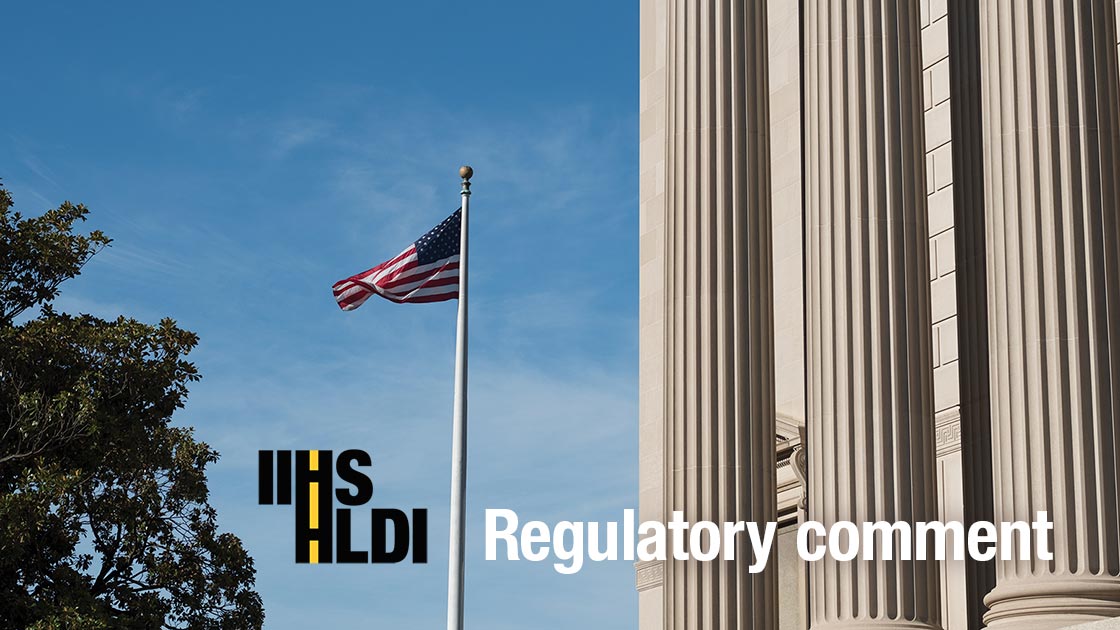IIHS urges NHTSA to move quickly to require impaired driving prevention
March 6, 2024

The Insurance Institute for Highway Safety is urging federal regulators to pick up the pace in issuing a requirement for impaired driving prevention technology on new passenger vehicles.
In 2021, Congress instructed the National Highway Traffic Safety Administration (NHTSA) to issue a regulation requiring the technology. The law calls on NHTSA to issue the final regulation this year, with the requirement to take effect two to three years later. So far, NHTSA has issued an advance notice of proposed rulemaking that lays out possible paths and requests comment on specific issues.
“We urge NHTSA not to shirk its assignment,” IIHS Chief Research Officer David Zuby wrote in a comment submitted in response to NHTSA’s notice. “While the technology to passively detect alcohol-impaired drivers and prevent them from driving is not readily available in the marketplace, a regulatory requirement to equip passenger motor vehicles will inspire the additional effort needed to make it a reality.”
Zuby praised NHTSA’s decision to focus the rulemaking primarily on preventing alcohol impairment, which he noted is “a particularly large and long-standing problem,” compared with distracted and drowsy driving. Nearly a third of all people killed on the roads in 2021 were in crashes involving at least one legally impaired driver.
In addition, technology that stops alcohol-impaired driving is likely to meet with a higher degree of public acceptance than systems that attempt to address distraction or drowsiness behind the wheel, he wrote.
In the comment, Zuby also offered feedback to NHTSA on procedures to test impaired driving prevention systems, methods to counter efforts to circumvent such systems and other questions posed by the agency.